简体中文
繁體中文
English
Pусский
日本語
ภาษาไทย
Tiếng Việt
Bahasa Indonesia
Español
हिन्दी
Filippiiniläinen
Français
Deutsch
Português
Türkçe
한국어
العربية
Coinbase Raises Alarm on ‘Pig Butchering’ Crypto Investment Scams
Abstract:Scammers use dating apps to lure victims to perpetuate this type of scam. Coinbase says it adds addresses associated with scams to its products’ blocklists.
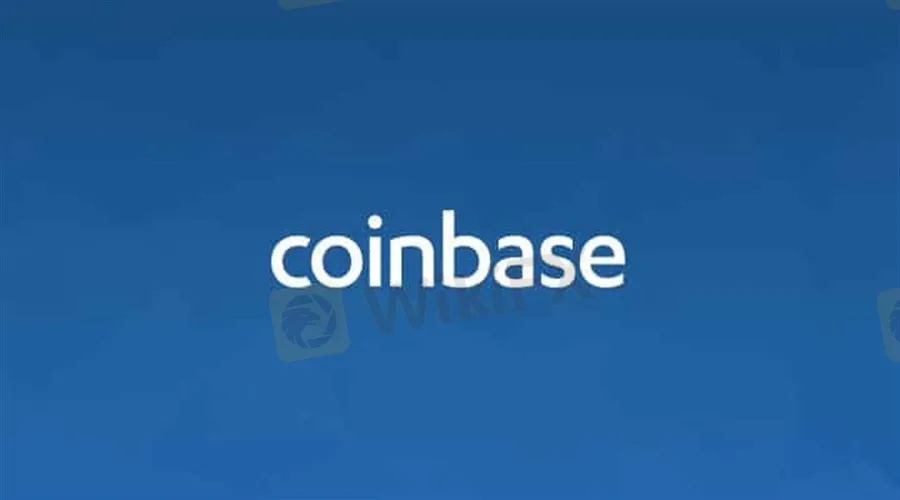
American cryptocurrency exchange, Coinbase, has raised concern over an increase in the number of romance-investment scams called ‘pig butchering’ or Sha zu pan'.
Take Advantage of the Biggest Financial Event in London. This year we have expanded to new verticals in Online Trading, Fintech, Digital Assets, Blockchain, and Payments.
This type of scam occurs when a scammer sources victims through dating apps and social media as well as builds “trust with their victim, sometimes over a long time period of weeks or months.”
The Coinbase Global Investigations, Trust & Safety and Threat Intelligence Teams expressed worry on the rising popularity of this scam in a security PSA released on Thursday.
Coinbase explained: Recently, a noteworthy increase in scams purporting to be foreign exchanges or crypto trading platforms that are spread by scammers who use dating apps to lure victims.
“While investment scams and romance scams are not unique to the cryptocurrency ecosystem, the irreversible nature of cryptocurrency transactions can make these scams devastating.”
However, the publicly-traded company noted that it works closely with law enforcement actors across the world to protect its customers from different forms of targeted cyber attacks.
Modus Operandi
For this nature of scam,Coinbase explained that fraudsters typically claim that they have received enormous financial gains from a cryptocurrency investment and convince their victims to invest in such schemes.
At other times, the scam might come in the form of offering to teach victims how to trade successfully.
The distributed company explained: Victims are directed to visit a fraudulent website that often looks like a legitimate trading platformand coached to deposit funds into an account that is controlled by the scammer.
Some victims even receive a small amount of funds that are claimed to be ‘returns’ on their investment to entice them to invest even larger sums.
“When the victim tries to withdraw funds from the site, they are then told they owe a tax payment or service fee before their funds will be released in an effort to further extort them for money.”
Coinbase noted that its teams identify and add addresses associated with scams to its products blocklists to shield its customers.
The exchange urged its users to be vigilant against this type of scam.

Disclaimer:
The views in this article only represent the author's personal views, and do not constitute investment advice on this platform. This platform does not guarantee the accuracy, completeness and timeliness of the information in the article, and will not be liable for any loss caused by the use of or reliance on the information in the article.
Read more
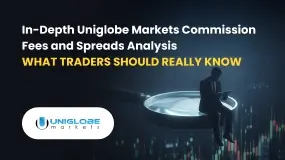
In-Depth Uniglobe Markets Commission Fees and Spreads Analysis – What Traders Should Really Know
For experienced traders, the cost of execution is a critical factor in broker selection. Low spreads, fair commissions, and transparent pricing can be the difference between a profitable and a losing strategy over the long term. This has led many to scrutinize the offerings of brokers like Uniglobe Markets, which presents a tiered account structure promising competitive conditions. However, a professional evaluation demands more than a surface-level look at marketing claims. It requires a deep, data-driven analysis of the real trading costs, set against the backdrop of the broker's operational integrity and safety. This comprehensive Uniglobe Markets commission fees and spreads analysis will deconstruct the broker's pricing model, examining its account types, typical spreads, commission policies, and potential ancillary costs. Using data primarily sourced from the global broker inquiry platform WikiFX, we will provide a clear-eyed view of the Uniglobe Markets spreads commissions prici
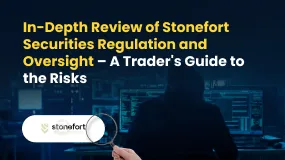
In-Depth Review of Stonefort Securities Regulation and Oversight – A Trader's Guide to the Risks
For experienced traders, the process of selecting a new broker transcends a simple comparison of spreads and leverage. It is a meticulous due diligence exercise where the integrity of the broker's regulatory framework is paramount. Stonefort Securities, a relatively new entrant in the crowded brokerage space, presents a complex and often contradictory profile. On one hand, it boasts a modern MT5 platform and a stream of positive user testimonials. On the other hand, it is shadowed by severe regulatory warnings that question the very foundation of its operations. This in-depth review focuses on the core issue for any long-term trader: Stonefort Securities regulation and oversight. We will dissect the broker's corporate structure, scrutinize its licensing claims, and analyze what the data implies for trader protection and fund security. For traders evaluating whether Stonefort Securities is a trustworthy partner, understanding these details is not just important—it is essential.
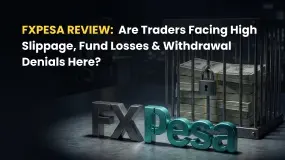
FXPesa Review: Are Traders Facing High Slippage, Fund Losses & Withdrawal Denials?
Do FXPesa support officials fail to pick up your calls when you raise fund withdrawal requests with the broker? But are these officials always open to you regarding fund deposits? Do you frequently spot slippage and stop-loss order execution errors on the FXPesa login? These issues are increasingly becoming common with this forex broker. Consequently, many traders have expressed their dissatisfaction with the broker online. In this FXPesa Review article, we have shared some of these complaints. Take a look!
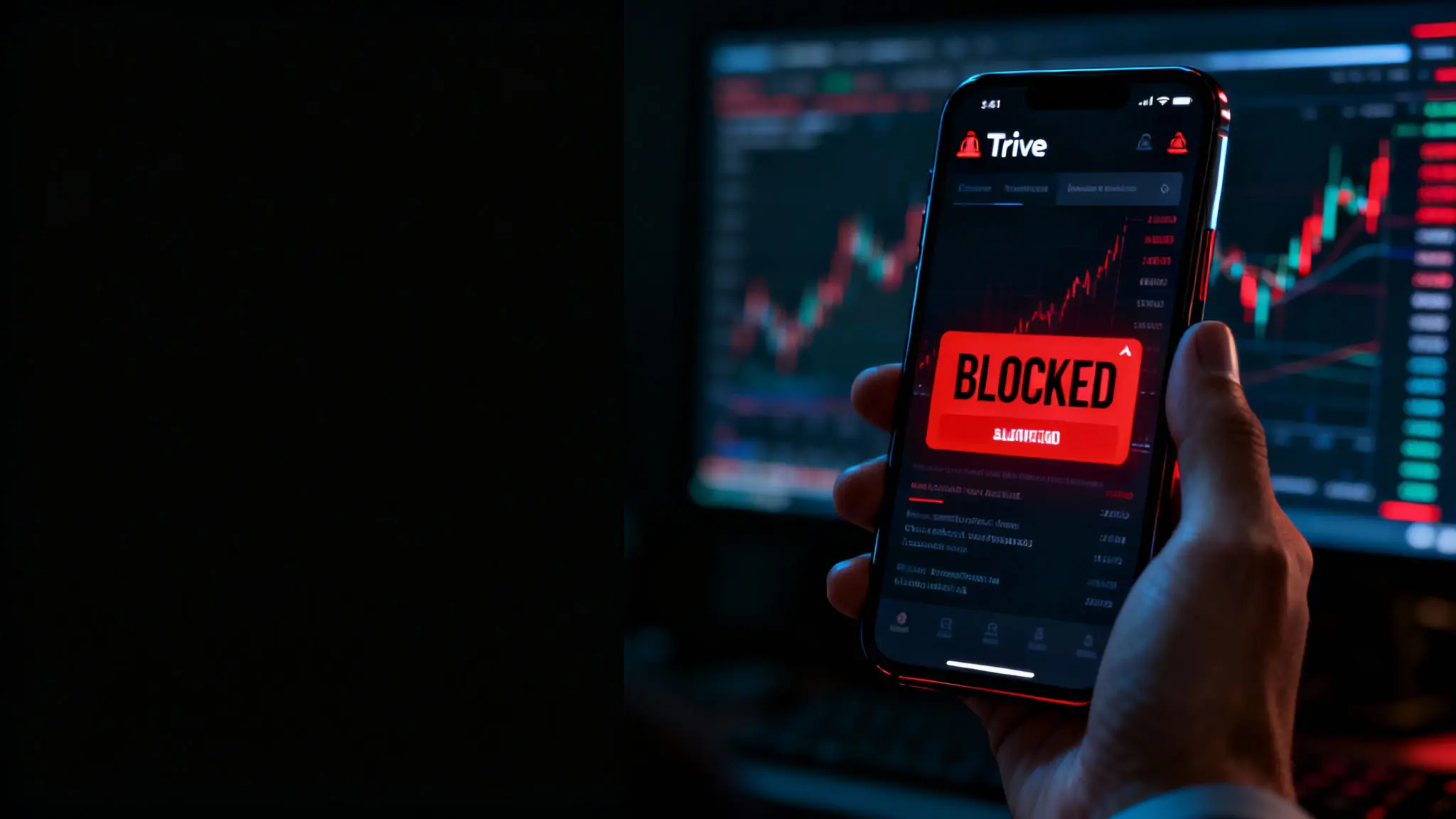
Trive Investigation: High Score, Hidden Risk - The Profit Paradox
A disturbing pattern has emerged regarding the broker Trive. Despite holding a high WikiFX score (7.91) and valid licenses in South Africa and Australia, recent investor reports suggest a significant disconnect between the platform's reputation and its treatment of profitable clients. While the regulatory paperwork appears in order, our data indicates that traders are facing sudden account freezes and accusations of "trading abuse" precisely when they attempt to withdraw profits. This report investigates why a seemingly "safe" broker is generating high-risk complaints.
WikiFX Broker
Latest News
WikiFX's New Evaluation of ATM Capital LTD: Does its License Protect the Arab Investor?
How a Fake Moomoo Ad Led to the “New Dream Voyage 5” Scam
Is Axi Legit? A Data-Driven Analysis of Its Regulatory Standing and Trader Feedback
FXPesa Review: Are Traders Facing High Slippage, Fund Losses & Withdrawal Denials?
Trive Investigation: High Score, Hidden Risk - The Profit Paradox
In-Depth Uniglobe Markets Commission Fees and Spreads Analysis – What Traders Should Really Know
Bessent believes there won't be a recession in 2026 but says some sectors are challenged
Is GGCC Legit? A Data-Driven Analysis for Experienced Traders
Young Singaporean Trader Grew USD 52 into a USD 107,700 Portfolio
In-Depth Review of INZO Trading Conditions and Product Offering – A Data-Driven Analysis
Currency Calculator




